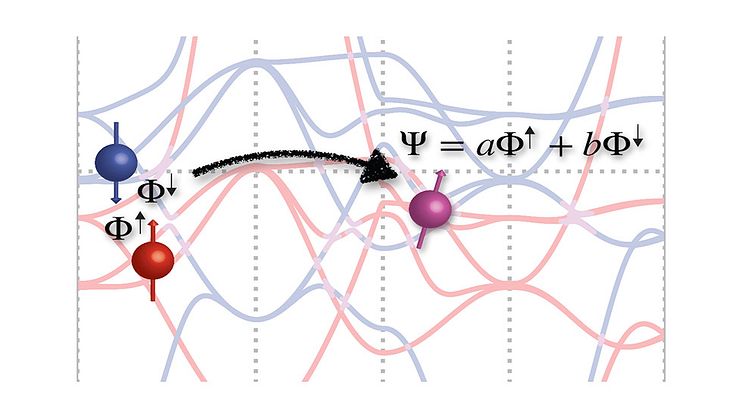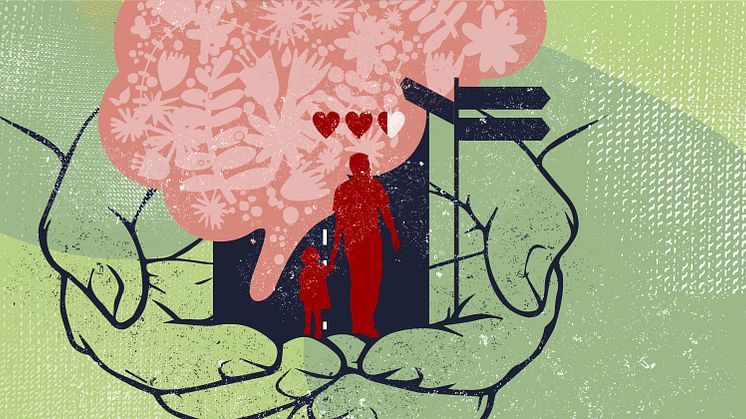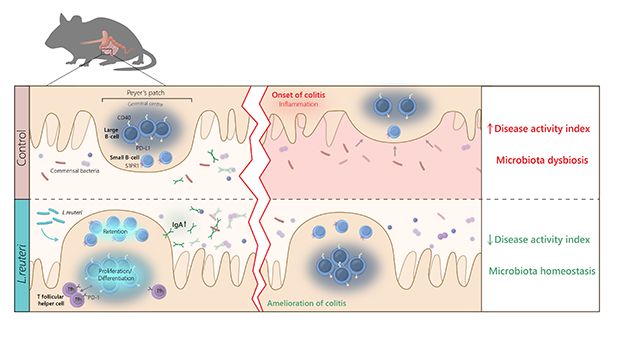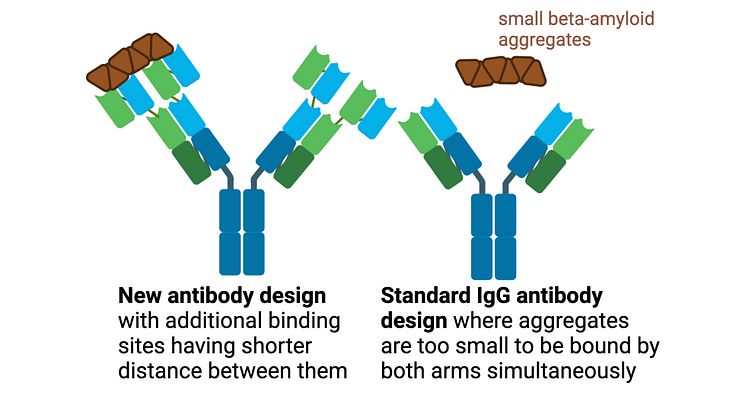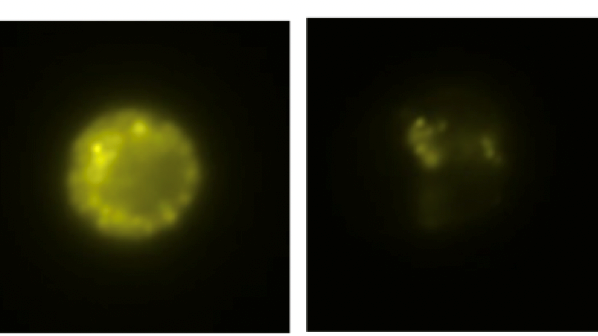
Blocking inhibits SARS-CoV-2 infection of human cells
Researchers have developed and used a new method to map interactions on a large scale between human proteins and coronavirus proteins, which has provided valuable new information. In collaborations with others, they show that blocking one of these interactions inhibited infection of human cells by SARS-CoV-2. They also confirmed the interaction between the viral protein and the human protein.
